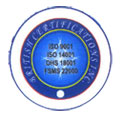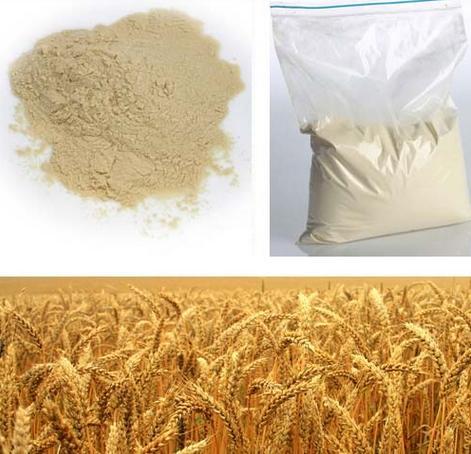Dry Barley Malt
Our range of Dry Malt Extract is appreciated in international market for its various applications. The malt is converted into extract by processes including liquefaction of germinated grain, washing, filtering and evaporation. Optimum quality materials and machineries are used for production of extract.
Processing: The malt is grounded in hammer mill and feed into mash tun. There it gets mixed with water under specific time and temperature changes. During the process, some of starch is get converted into ferment sugars by diastatic system involving the action of natural a- and b-amylase. The malt syrups and sweetener flavors are added to the resultant in form of corn grits.
Plastic polymer is used for forming malt filter modules along with hollow frame that get separated into two parts by elastic membranes. Finally filtered cloth is used to manufacture dry extract.
Specifications:
| Appearance | A viscous liquid amber or yellowish brown in color. Free from any adulterants, off odor, foreign flavor and impurities. |
| Identification | Positive for Carbohydrates |
| Taste | Characteristic Malt and sweet taste free from any detectable foreign or off flavor I.e. not be sharp or bitter or sour tail. |
| Total Solid | 78 to 82% |
| Protein (% w/w on dry basis) | Min. 4% |
| Total Ash | 1.3 to 1.7% |
| Acidity (% w/v solution) | 1.40% max |
| PH( of 10% solution) | 45.0 to 6.0 |
| Reducing Sugar (%w/w as anhydrous maltose) | Max. 60% |
| Specific Gravity (At 20 deg. C) | 1.3 to 1.5 |
| Starch | Negative |
| Viscosity | 60,000 to 2,00,000 cp |
| Microbial limit test. |
|
| SPC at 37 deg. C | <10000 cfu/gm |
| Yeast &Moulds | <50 cfu/gm |
| Coliforms | Absent |
| Staphylococcus Aureus | Absent |
| Salmonella Species | Absent |
| Profile of Carbohydrates |
|
| Glucose (gm/100 gm) | 3.9-8.6 |
| Fructose (gm/100 gm) | 0.4-2.0 |
| Sucrose (gm/100 gm) | 0.7-2.0 |
| Maltose (gm/100 gm) | 27.3-40 |
Enquiry
















